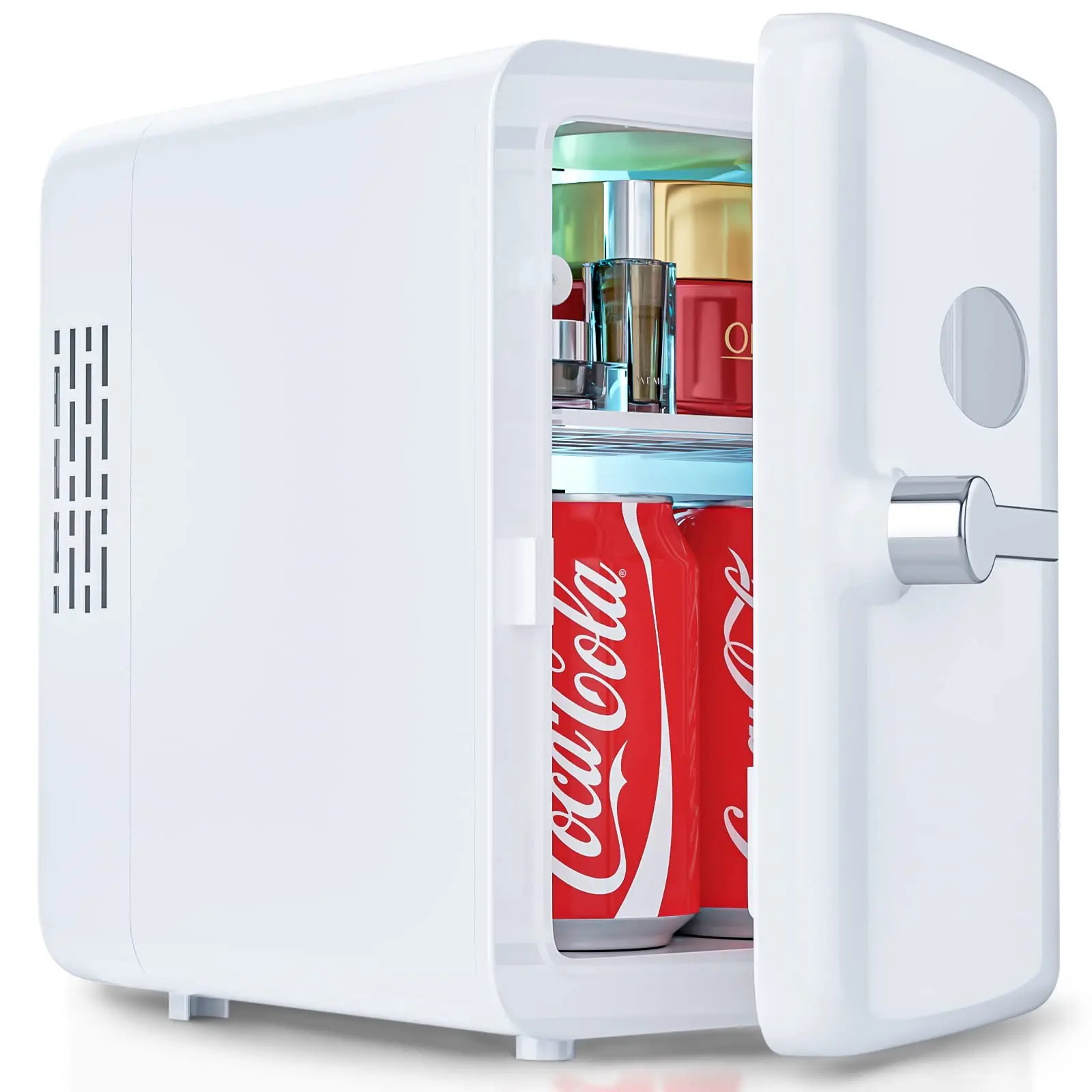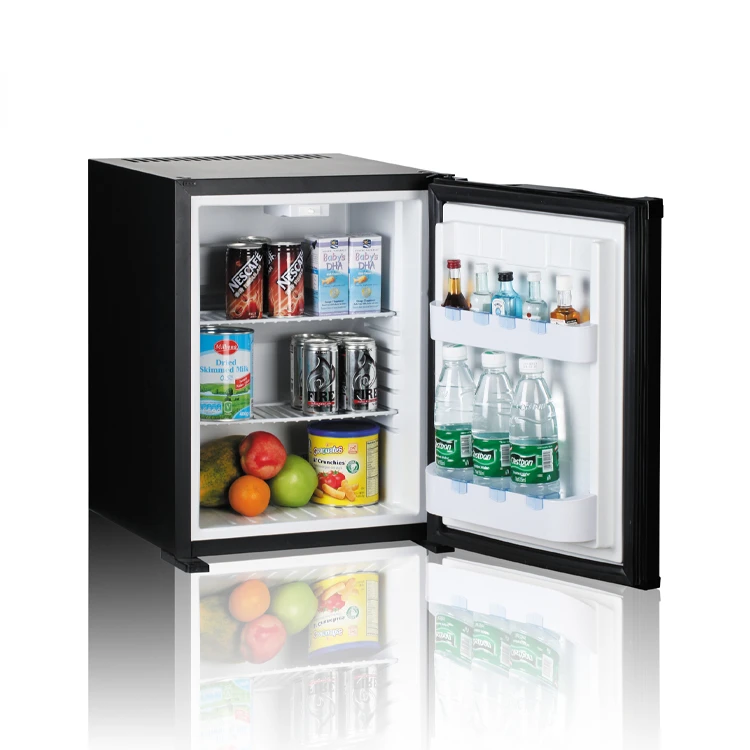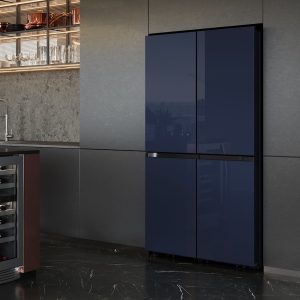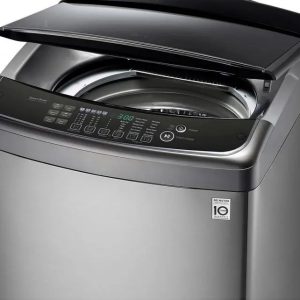The Versatility of Mini Refrigerator: A Comprehensive Guide
Mini refrigerators have become an essential appliance for many households, offices, and dorm rooms. These compact units offer the convenience of refrigeration in a smaller footprint, making them ideal for various spaces where traditional refrigerators would be impractical. In this guide, we will explore the features, benefits, types, and uses of mini refrigerators, as well as essential considerations when selecting the right one for your needs.
Understanding Mini Refrigerators
What is a Mini Refrigerator?
A mini refrigerator, often referred to as a compact or under-counter refrigerator, typically stands between 1.5 to 4.5 cubic feet in storage capacity. Unlike full-sized models, these refrigerators are designed for limited spaces, which makes them perfect for tight corners, small kitchens, or even offices. Not only do they take up less space, but they also consume less energy, providing a cost-effective solution for refrigeration.
Key Features to Consider
Several critical features distinguish mini refrigerators from one another. These may include:
- Size and Capacity: Ranging in height and depth, the size you choose will depend on your available space and how much storage you require.
- Cooling Technology: There are various cooling methods, such as compressor-based cooling, thermoelectric cooling, and absorption cooling. Each has its pros and cons, particularly concerning energy efficiency and noise levels.
- Shelving Options: Adjustable shelves can provide flexibility in storage, allowing you to accommodate larger items when needed.
- Temperature Control: Some models offer adjustable thermostats, enabling you to maintain optimal cooling conditions for different types of food and beverages.
These features work together to provide a customized refrigeration experience suited to individual needs.
Benefits of Owning a Mini Refrigerator
Space Efficiency
One of the most significant advantages of owning a mini refrigerator is its space-saving design. In smaller homes or shared living situations, finding room for a full-sized refrigerator can be challenging. Mini refrigerators fit seamlessly into tight spaces, such as dorm rooms, home offices, or even man caves.
Moreover, placing these units on countertops or under cabinets allows you to utilize every inch of available space effectively. This efficiency not only declutters your living area but also enhances its aesthetics.
Energy Savings
Mini refrigerators also contribute to lower energy bills. Generally, they consume significantly less electricity than standard-sized refrigerators. For example, many mini models use anywhere from 50 to 100 watts, whereas full-sized units often require over 200 watts.
This energy efficiency makes them an environmentally friendly option. If you’re conscious of your carbon footprint or simply want to minimize utility costs, investing in a mini refrigerator could be a wise choice.
Portability and Flexibility
Thanks to their compact size and lightweight design, mini refrigerators are easily portable. You can move them from room to room, placing them wherever you need extra cooling. This flexibility can be especially beneficial for those who frequently organize gatherings or events.
Also, some minis come equipped with wheels for even easier relocation. If you enjoy barbecues, hosting parties, or even camping, having a portable refrigeration option at your disposal can be invaluable.
Types of Mini Refrigerators
Built-In Mini Refrigerators
Built-in mini refrigerators are designed to be integrated into your kitchen cabinetry, offering a sleek and seamless look. They fit snugly under countertops and blend beautifully with your kitchen décor.
Although they often require professional installation, their aesthetic appeal and functionality can make the investment worth it.
Freestanding Mini Refrigerators
In contrast, freestanding mini refrigerators can be placed anywhere, making them versatile and easy to install. You can use them in kitchens, bedrooms, or garages. With a variety of styles and colors available, you can easily find a model that suits your personal taste and complements your existing furniture.
Beverage Coolers
Beverage coolers specifically target those who want to store drinks effectively. Often designed with clear glass doors and adjustable shelves, they are perfect for displaying beverages in an attractive way. While they typically maintain higher temperatures than standard refrigerators, they can serve as an excellent choice for storing soft drinks, beer, and even wine.
Selecting the Right Mini Refrigerator
Assessing Your Needs
Before purchasing a mini refrigerator, evaluate your specific needs. Are you looking for a unit primarily for beverages, or do you need to store food? Assessing these requirements will help you narrow your choices and select the most suitable model.
Measuring Available Space
Always measure the area where you plan to place the refrigerator. This step ensures that your new appliance fits comfortably in the designated spot without obstructing pathways or other furniture.
Energy Efficiency Ratings
Look for models with high energy efficiency ratings. A unit that is Energy Star certified, for example, signifies that it meets specific energy-saving standards. These models will not only save you money in the long run but also contribute to a more sustainable environment.
Budget Considerations
Pricing can vary significantly among mini refrigerators. While it’s tempting to opt for the least expensive option, remember that higher-quality models may provide better durability and features. Therefore, setting a realistic budget while considering the functionality you need is essential.
Maintenance Tips for Mini Refrigerators
Regular Cleaning
To ensure optimal performance, clean your mini refrigerator regularly. Wipe down shelves and surfaces with mild soap and water. Additionally, check the door seals and clean them to prevent air leaks.
Monitor Temperature Settings
Keeping an eye on the temperature is crucial for maintaining food freshness. Ideally, your refrigerator should be set between 32°F and 40°F (0°C to 4°C) for optimal food preservation.
Clear Out Expired Items
Make it a habit to routinely check and remove expired items from your mini refrigerator. This practice not only maximizes space but also ensures food safety.
Defrost When Needed
If your mini refrigerator is not frost-free, remember to defrost it periodically. Excessive frost buildup can impede performance and reduce storage capacity.
Innovative Uses for Mini Refrigerators
In Home Bars
Creating a mini bar with a compact refrigerator adds a touch of sophistication to your entertaining space. You can conveniently store stocked beverages, mixers, and even ice without taking up too much room.
In Kids’ Rooms
Mini refrigerators make excellent gifts for children and teenagers. They can store snacks and drinks within reach, promoting independence and allowing them to manage their own food supply.
For Pet Owners
Mini refrigerators can also serve pet owners well. For instance, storing pet food or medications in a separate fridge can help keep them organized and fresh.
Office Spaces
In a home office or workplace setting, having a mini refrigerator promotes productivity. You can store your lunch, drinks, and snacks nearby, eliminating unnecessary trips to the kitchen and enabling you to stay focused on your tasks.
 Conclusion: The Convenience of Mini Refrigerators
Conclusion: The Convenience of Mini Refrigerators
In summary, mini refrigerators offer unparalleled versatility, space efficiency, and energy savings for various environments—from homes to offices. With a wide array of sizes and features available, you can find one tailored to your specific needs.
Whether you intend to use it as a beverage cooler in a man cave, a storage option in a kids’ room, or a convenient solution for your office snacks, the value of a mini refrigerator is undeniable. Their portability and multifunctionality make them a worthwhile addition to any home. As you consider your refrigeration needs, take a moment to explore the numerous options available in the world of mini refrigerators.



